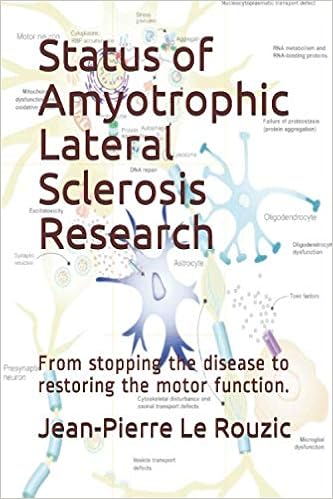Metal homeostasis plays a singular role in neurodegenerative diseases. For more than twenty years, many in vitro studies have been devoted to identifying metals' roles in protein granules, oxidative damage, and neurotoxicity.
For example Alzheimer’s plaques comprise accumulated amyloid-beta (Aβ) proteins, loaded with metal ions including copper (Cu), iron (Fe), or zinc (Zn).
A close relationship exists between increased ROS and cellular intracellular free Zn2+. Zinc promotes liquid–liquid phase separation of tau protein, forming highly dynamic liquid droplets. Zn2+ was also observed to modulate the in vitro aggregation of the TDP-43's RRM12 domains.

TDP-43 is an essential RNA-binding protein that assembles into protein inclusions in most cases of amyotrophic lateral sclerosis (ALS). A partially helical region in the predominantly disordered C-terminal domain harbors several mutations associated with ALS and is important for TDP-43 function and liquid–liquid phase separation.
As a systematic knowledge of the TDP-43's interaction with Zn2+ is lacking, Preethi , Bharathi and Patel from Indian Institute of Technology at Hyderabad, used in silico tools to predict potential Zn2+ binding sites in TDP-43 and estimated their relative solvent accessibilities.
They predicted Zn2+ binding sites in the TDP-43's N-terminal domain, in the linker region between RRM1 and RRM2 domain, within RRM2 domain and at the junction of the RRM2 and C-terminal domain, but found none in the 311-360 region of C-terminal domain.
The observed Zn2+ promoted TDP-43 C-terminal fragments solid-like phase separation can be relevant to the Zn2+ dyshomeostasis in ALS and FTLD-TDP.
Despite the lack of strong proofs of clinical advantage so far, the conjecture that using a therapeutic metal chelator is an effective strategy for neurodegenerative diseases remains popular. However there are ongoing clinical trial for metal chelator in neurodegenerative diseases (deferiprone for Parkinson).
But not all zinc is deleterious, communities living in proximity to abandoned uranium mines have documented exposures to metals in drinking water, soil and dust. A clinical trial (NCT03908736) currently assess the effect of dietary zinc supplementation to mitigate metal toxicity in exposed populations.

